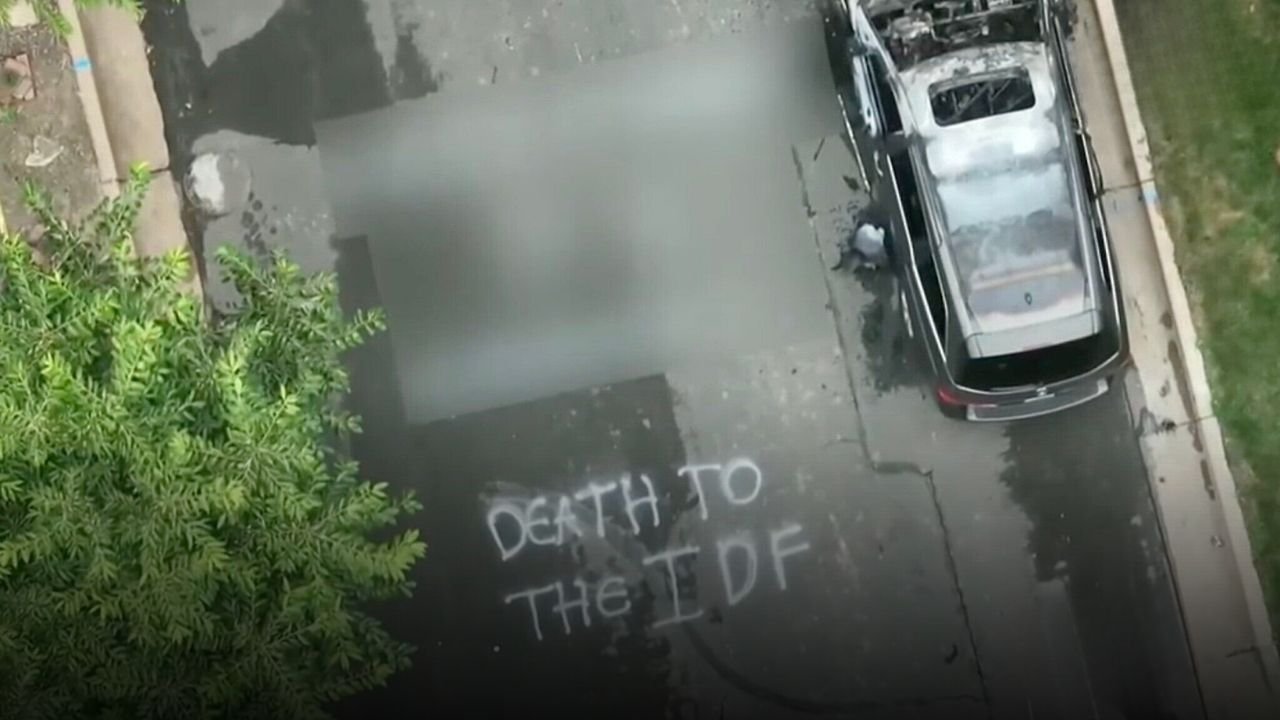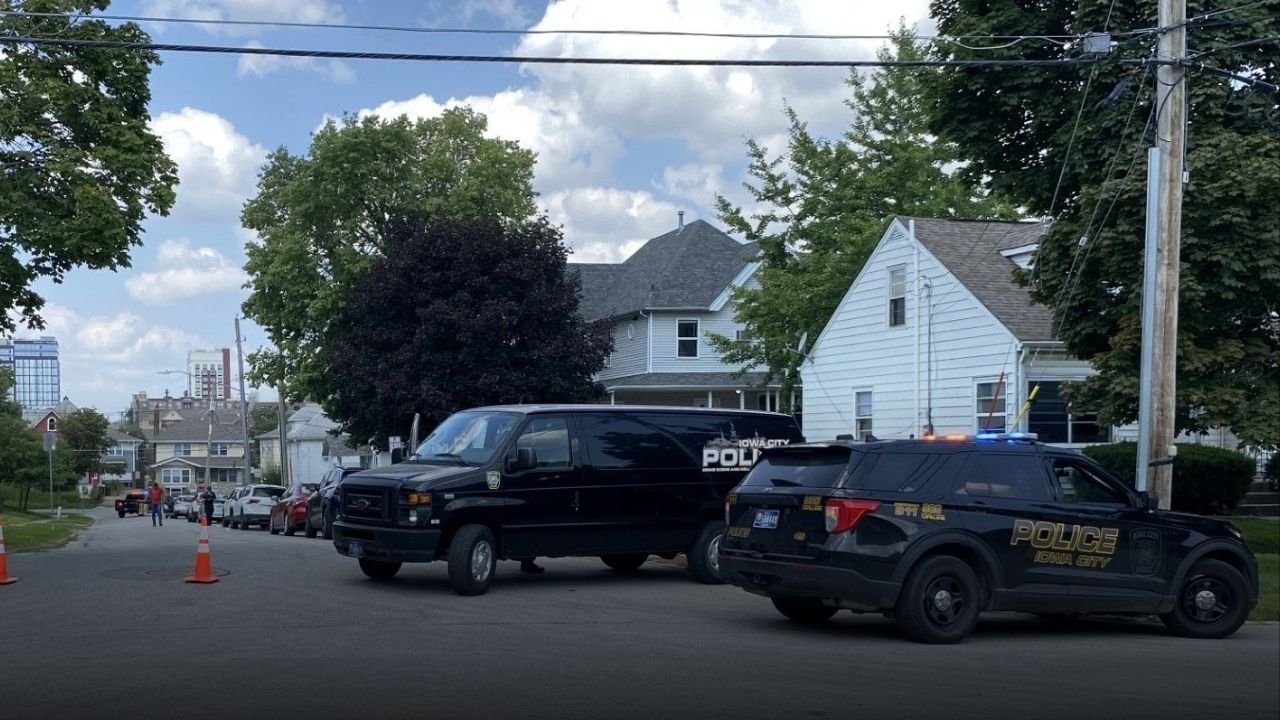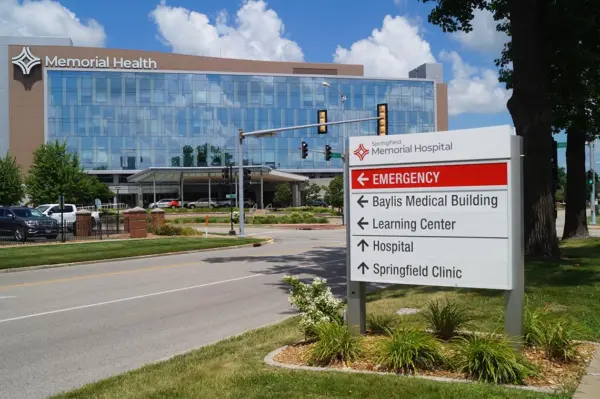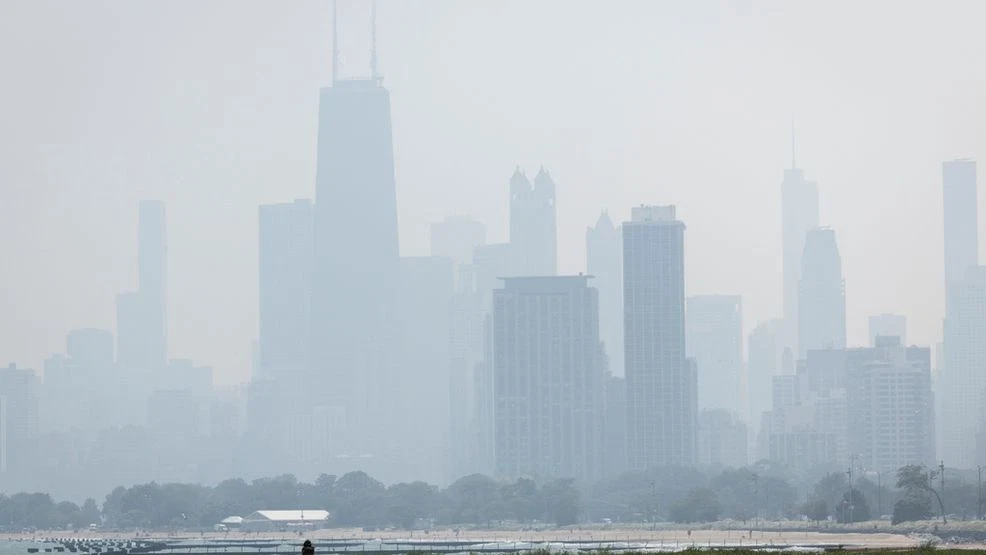CHICAGO — A new report from the city’s Office of Inspector General (OIG) has found that Chicago’s Gun Offender Registry — designed to track residents convicted of certain firearm-related crimes — is “incomplete and unreliable,” largely due to lack of enforcement by the Chicago Police Department.
The registry, which is mandated by a city ordinance, requires Chicagoans convicted of specific gun offenses to formally register with CPD. But according to the OIG, the system is falling short of its intended purpose.
“As Chicago reckons with the scourge of gun violence, we ought to be measuring up every available tool to control it,” said Deborah Witzburg, Inspector General for the City of Chicago. “This registry was designed as one such tool — and it’s not being fully utilized.”
Findings from the Inspector General’s Report
The OIG’s investigation revealed several key problems:
- Lack of proactive enforcement: The report stated CPD has failed to consistently track or ensure compliance among individuals who should be on the registry.
- Data gaps and inconsistencies: Without comprehensive registration data, the registry provides an inaccurate picture of known gun offenders in the city.
- Public safety concerns: The current state of the registry undermines one of the city’s tools for identifying high-risk individuals and reducing gun-related violence.
The report emphasizes that improving registry enforcement could play a key role in deterring future offenses and supporting community safety efforts.
What the Ordinance Requires
Under Chicago law, residents convicted of specific firearm-related offenses — such as unlawful use of a weapon or possession of a firearm by a felon — must register their address with CPD. Registrants are also required to periodically update their information.
The goal of the registry is to:
- Provide law enforcement with better tracking of high-risk individuals
- Assist community oversight
- Deter repeat offenses through formal monitoring
But according to the OIG, these goals are not being achieved due to systemic enforcement issues.
CPD’s Response and the Call to Action
The Inspector General’s report urged CPD leadership to allocate sufficient time, training, and resources to revamp the registry’s oversight and ensure the ordinance is fully enforced.
No immediate comment has been issued by CPD as of this writing.
Community organizations and public safety advocates have long argued that without consistent application, even well-intended laws can become symbolic rather than functional.
Chicago’s battle against gun violence continues, with more than 1,000 shootings already reported in 2025 alone. Tools like the Gun Offender Registry were meant to help — but when such mechanisms fail due to poor implementation, the consequences can ripple across neighborhoods already struggling with safety concerns.
The OIG’s findings add to mounting scrutiny of CPD’s operational transparency and performance, especially in areas meant to prevent repeat firearm-related offenses.
Have you had personal experience with public safety programs or enforcement issues in your neighborhood? Do you think tools like the Gun Offender Registry help reduce violence — or need an overhaul? Tell us what you think in the comments.












